Africa’s security partnership with China: looking to the future

Date: 28 & 29 September 2021
Time: 10h00 - 14h30 (GMT+2)
Venue: Online, registration required
The Forum on China-Africa Cooperation (FOCAC) is the leading platform for advancing relations between the continent and China. Peace and security matters will feature on the agenda of the November 2021 meeting. In preparation for the summit, this two-day seminar will consider three questions:
• What are the main factors shaping Africa–China security cooperation?
• What are the security implications for Africa of the Belt and Road Initiative, including in the maritime domain?
• How have Africa and China cooperated on peace operations, counter-terrorism and the African Peace and Security Architecture?
PAFO–COLEACP INNOVATIONS SERIES: Innovations and successes of African farmer-led businesses and SMEs

Session N°6
Promoting sustainable agriculture and agroecological practices:
the key role of MSMEs and farmers organisations
30th September 2021, 12:00-14:00 (GMT)
English-French interpretation available
Talking Africa-Europe 2021
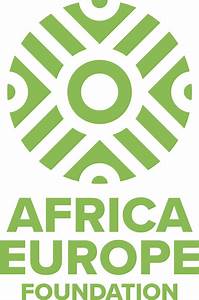
Join the Africa Europe Foundation this Tuesday, 28 September 15:00 to 16:15 CEST for the launch of the Talking Africa-Europe 2021 Series focusing “Localising the Africa-Europe Partnership”.
The 2021 ‘Talking Africa-Europe’ dialogues will bring together a host of diverse voices from city mayors, youth representatives, EU and AU Commissioners, as well as civil society and business leaders to open up and deepen the space for discussion on the future of this crucial relationship.
Africa Resilience Forum
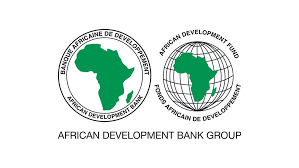
What: Africa Resilience Forum – Fourth Edition
Who: African Development Bank
When: 28 to 30 September 2021
Where: Virtual
The Africa Resilience Forum is a flagship event conceived by the African Development Bank to bring together key stakeholders (across government, civil society, private sector, and international partners), to reflect on policies and approaches that support the continent’s efforts around conflict prevention, peace, and state-building initiatives.
Intra-African Trade Fair 2021

The African Export-Import Bank (Afreximbank) in collaboration with the African Union Commission (AUC) and the Government of the Republic of South Africa will be hosting the 2nd edition of the IntraAfrican Trade Fair (IATF2021) in Durban, South Africa from 15-21 November 2021 under the theme “Building Bridges for a Successful AfCFTA (African Continental Free Trade Area)”.
LE ROLE DES ZES DANS L'ACCÉLÉRATION DU CO-DÉVELOPPEMENT
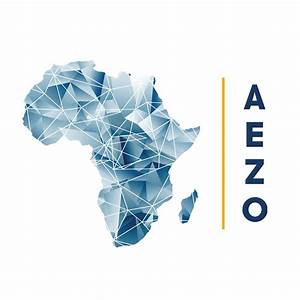
Africa Economic Zones Organization (AEZO) a le plaisir de vous convier à un webinaire de haut-niveau en partenariat avec la Fondation la Verticale AME (Afrique-Méditerranée-Europe) et l’Institut de Perspective Economique du Monde Méditerranéen (IPEMED) sous le thème :
« Afrique-Europe : Le rôle des Zones Économiques Spéciales Sécurisées, dans l’accélération du co-développement »
Nous avons l’honneur de vous inviter à prendre part à cette rencontre virtuelle qui aura lieu :
Mardi 28 Septembre 2021 à 09 :30 (GMT+1).
5th Nation Brand Forum
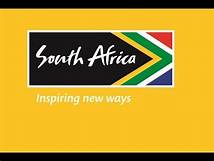
Event details
Date: Tuesday, 28 September 2021
Time: 09h00 – 17h00
About the Nation Brand Forum
The Nation Brand Forum (NBF), first launched in 2016, is one of Brand SA’s flagship programmes to co-ordinate the active participation of the relevant stakeholder groups in achieving a coherent and compelling Nation Brand image, reputation and identity that best positions the country domestically & globally.
Ambition Africa 2021
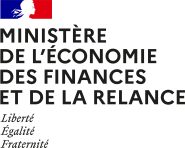
Participez à la 3ème édition du forum le 5 & 6 OCTOBRE 2021, qui est devenu le rendez-vous annuel incontournable des relations économiques et commerciales franco-africaines en présence de ministres, d’ambassadeurs, de speakers de haut niveau et de délégations d’entreprises venant de l’ensemble du continent africain !
International Trade Fair for the Development of the African Infrastructure Market

The event will take place online on 15 November 2021.
The International Transfer Center for Infrastructure Development in Africa (ITIDA) is the organizer of IDA 2021. ITIDA is an association of infrastructure developers that seeks to promote and enable to improve infrastructure development activities in Africa with the expertise of European and international companies, by creating a network that will foster continuous dialogue amongst its members.
AfDB's 2nd Business Opportunities Seminar (BOS) (virtual event)

AfDB will be holding the second edition of the BOS on 12 October 2021; 08:00-13:00 GMT (for Asia delegates) / on 13 October 2021; 11:00-16:00 GMT (for delegates in Africa, Americas, and Europe) virtually on Zoom.
As before, the seminar will offer a range of individuals and firms (based in Bank Group member countries) a unique opportunity to learn more about providing goods and services to or partnering with the Bank.




